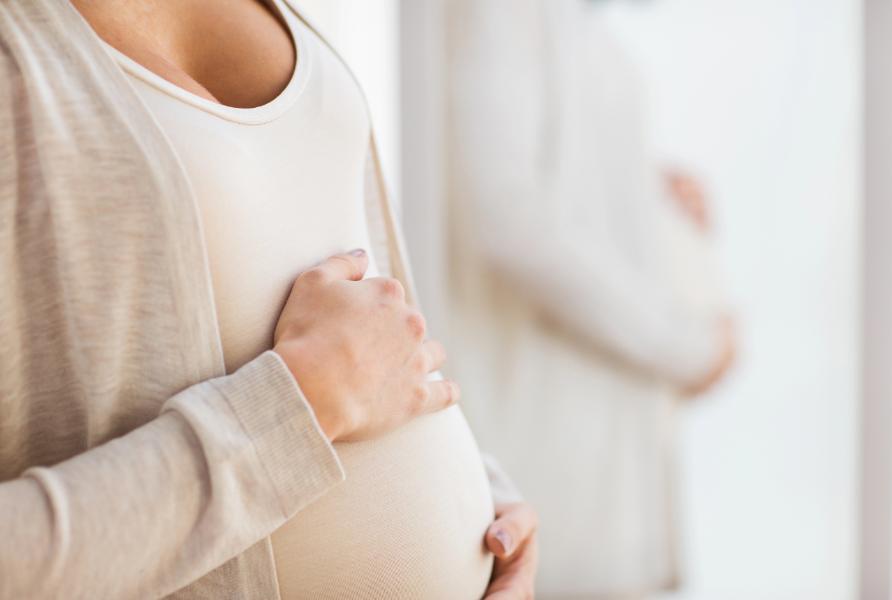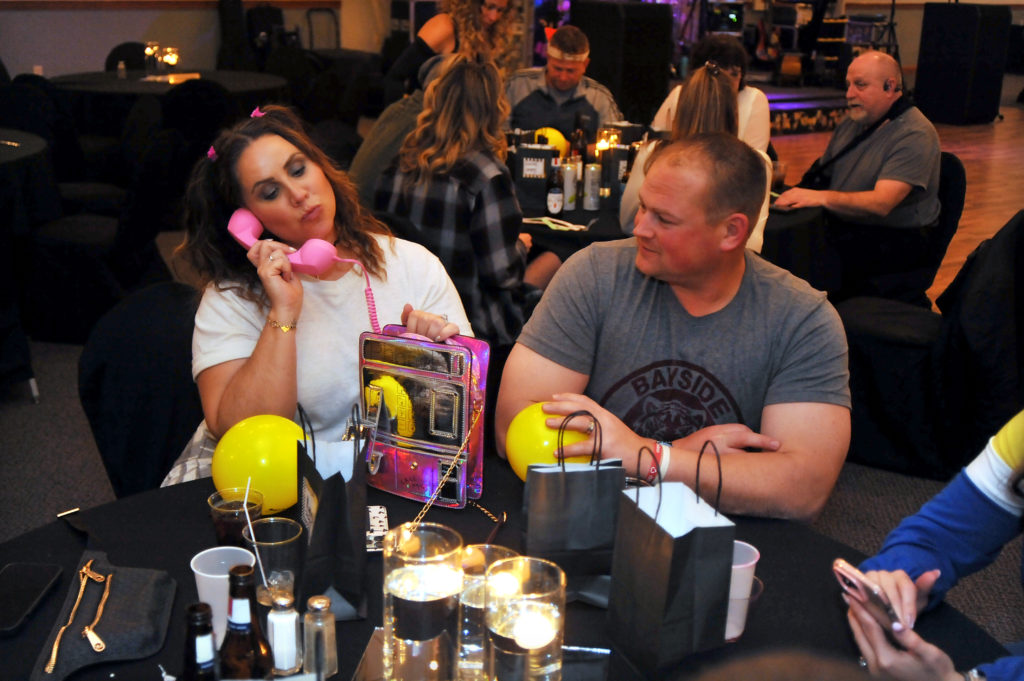Surrogacy Laws & Process in Washington

Understanding the Surrogacy Process in Washington
Washington offers a clear and structured framework for families pursuing surrogacy. The state recognizes gestational surrogacy agreements and offers intended parents a pathway to establish legal rights before the birth of their child. This balance of legal recognition and supportive statutes gives families confidence as they move forward with their journey.
The process begins with selecting a gestational carrier who meets Washington’s requirements. Each carrier must have experienced at least one prior pregnancy that resulted in a live birth but no more than two prior surrogacies.
Intended parents and gestational carriers must be at least 21 years old, undergo medical and psychological screenings, and retain independent legal counsel. These requirements protect the rights of all parties and create a foundation of trust for the journey.
Washington law distinguishes between gestational surrogacy and genetic surrogacy, with different rules for each. Most families pursue gestational surrogacy, which does not involve the carrier’s genetic material, as it allows for pre-birth legal protections. Genetic surrogacy remains an option, but the state places additional restrictions and waiting periods on such arrangements.
A HUGE Thank You To Our Sponsors...





Pre-Birth Parentage Orders in Washington: Legal Recognition Before Birth
Washington law authorizes pre-birth parentage orders in gestational surrogacy cases. This legal recognition matters because it affirms intended parents as the child’s legal parents before delivery, offering clarity and security.
While enforcement technically stays until the child is born, the order gives hospitals, providers, and families the guidance they need to move forward with confidence.
The governing statute is RCW 26.26A, part of the state’s Uniform Parentage Act update that took effect January 1, 2019. The law sets forth enforceable surrogacy agreements, requirements for carriers and intended parents, and the procedures for obtaining court orders.
Eligible families include married or unmarried heterosexual couples, same-sex couples, and single intended parents. If at least one intended parent is genetically related to the child, courts grant pre-birth orders as long as all statutory requirements are met. Even when no parent is genetically related, Washington law allows both parents or a single parent to be recognized.
The outcome of this process is legal recognition on the child’s birth certificate. Same-sex couples are listed as “parent and parent.” Meanwhile, heterosexual couples are listed as “mother and father” or “parent and parent,” depending on preference. This recognition eliminates the need for additional court proceedings for most families and provides peace of mind before delivery.
Medical, Psychological, and Legal Requirements in Washington Surrogacy
Surrogacy in Washington requires a high level of preparation and professional support. Each gestational carrier must complete medical evaluations to confirm readiness for pregnancy. Intended parents often undergo medical consultations as part of their family planning as well. Psychological screenings ensure that all parties understand the emotional and relational dynamics of the journey.
Both intended parents and gestational carriers must have separate attorneys to review and negotiate agreements. The statute restricts surrogacy brokers from holding escrow accounts unless licensed and separate from the attorneys and medical professionals involved. This separation protects funds and avoids conflicts of interest.
Washington courts hold exclusive jurisdiction over surrogacy agreements from the time they are signed until ninety days after birth. This continuity allows families to proceed knowing the court system supports their agreements and will uphold their rights.
Who Can Be a Surrogate in California?
Eligibility Criteria:
- Surrogacy is open to both married and unmarried women who meet the necessary health and emotional requirements.
- Women must have had at least one successful pregnancy in the past and be medically healthy to carry a child for others.
Health and Medical Requirements:
- A surrogate must undergo a thorough medical screening to ensure they are physically capable of handling a pregnancy, including tests to evaluate overall health, reproductive history, and mental well-being.
Age Requirements:
- Typically, surrogates should be between 21 and 40 years old to ensure both a healthy pregnancy and the emotional maturity needed for the process.
Emotional Readiness:
- The emotional and psychological aspects of surrogacy are critical. Surrogates must be mentally prepared for the process, understand the emotional challenges, and be able to handle the separation from the baby after birth.
No Strict Legal Restrictions:
- Montana does not impose rigid legal restrictions on who can be a surrogate. However, having the right legal and emotional support is essential for both the surrogate and the intended parents to ensure a smooth process.
Explore the Carrying Dreams Surrogacy Heatmap
Families exploring surrogacy often want to compare laws across different states. The Carrying Dreams Surrogacy Heatmap highlights surrogacy-friendly regions in the U.S. and outlines key differences in legislation. Washington’s supportive legal framework makes it a great option for many intended parents.
If you have any inquiries about the Washington surrogacy laws & process, feel free to contact us today.

